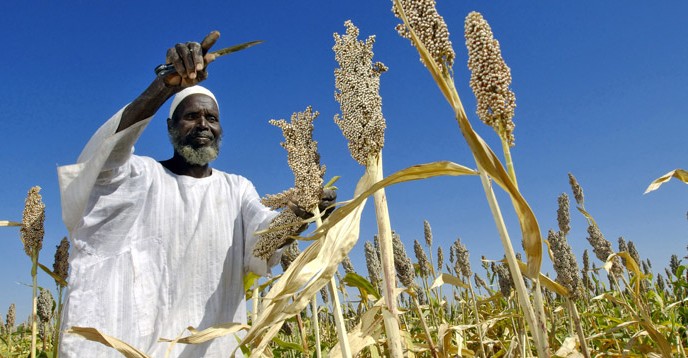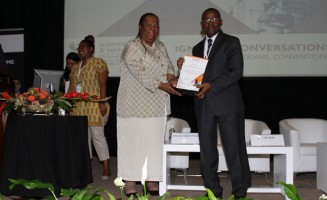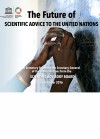Science for Society
Science is the greatest collective endeavor. It contributes to ensuring a longer and healthier life, monitors our health, provides medicine to cure our diseases, alleviates aches and pains, helps us to provide water for our basic needs – including our food, provides energy and makes life more fun, including sports, music, entertainment and the latest communication technology. Last but not least, it nourishes our spirit.
Science generates solutions for everyday life and helps us to answer the great mysteries of the universe. In other words, science is one of the most important channels of knowledge. It has a specific role, as well as a variety of functions for the benefit of our society: creating new knowledge, improving education, and increasing the quality of our lives.
Science must respond to societal needs and global challenges. Public understanding and engagement with science, and citizen participation including through the popularization of science are essential to equip citizens to make informed personal and professional choices. Governments need to make decisions based on quality scientific information on issues such as health and agriculture, and parliaments need to legislate on societal issues which necessitate the latest scientific knowledge. National governments need to understand the science behind major global challenges such as climate change, ocean health, biodiversity loss and freshwater security.
To face sustainable development challenges, governments and citizens alike must understand the language of science and must become scientifically literate. On the other hand, scientists must understand the problems policy-makers face and endeavor to make the results of their research relevant and comprehensible to society.
Challenges today cut across the traditional boundaries of disciplines and stretch across the lifecycle of innovation -- from research to knowledge development and its application. Science, technology and innovation must drive our pursuit of more equitable and sustainable development.









